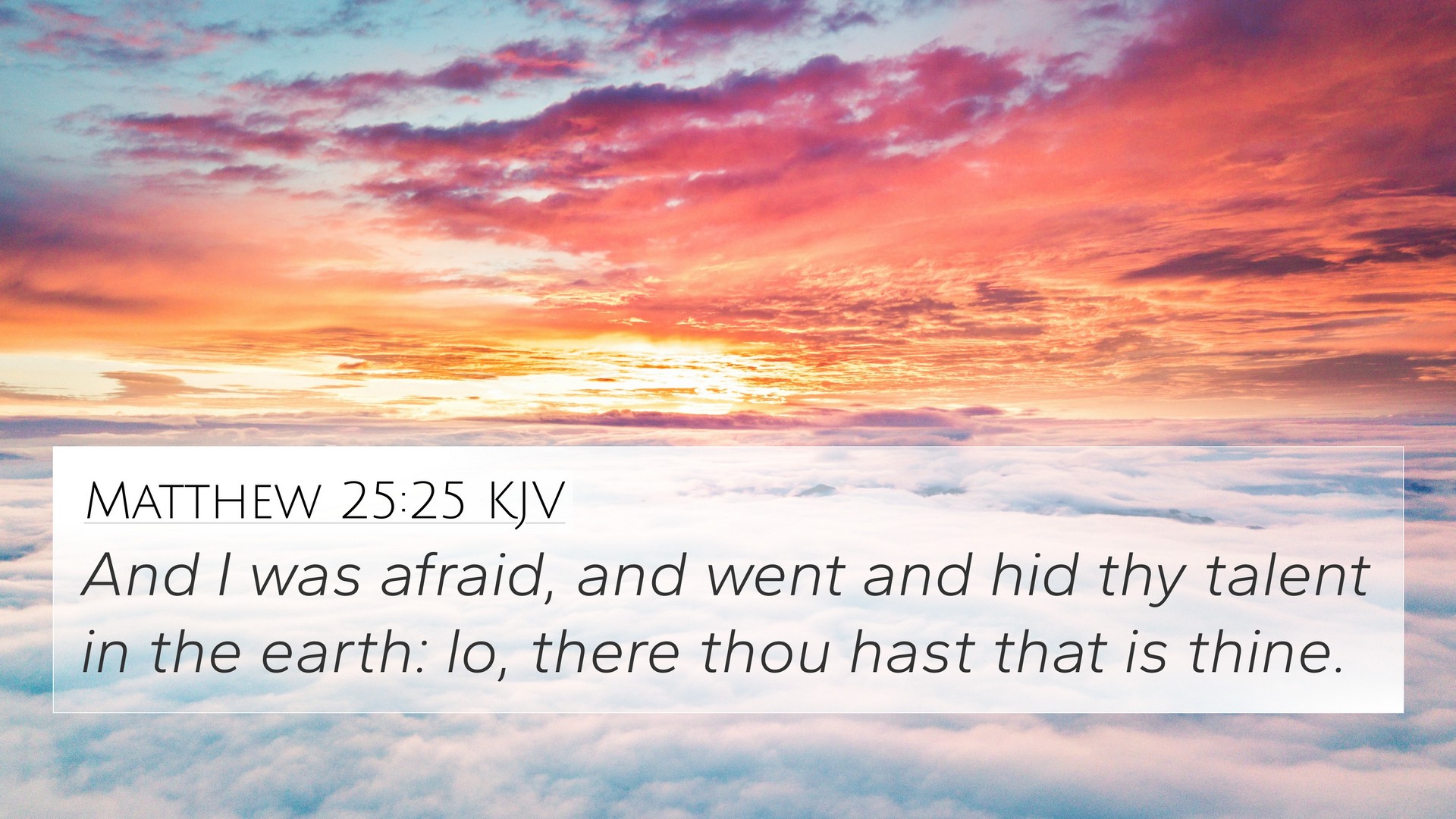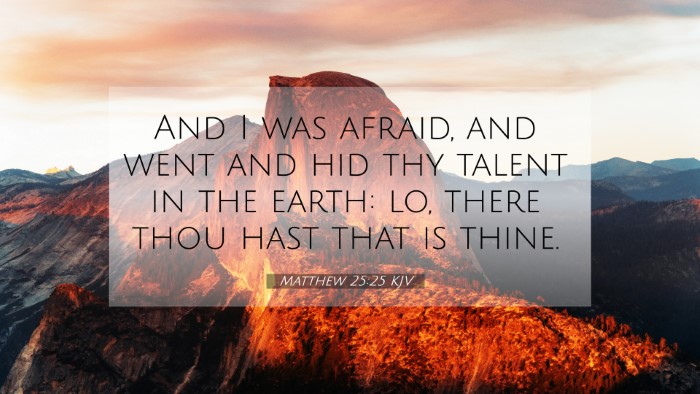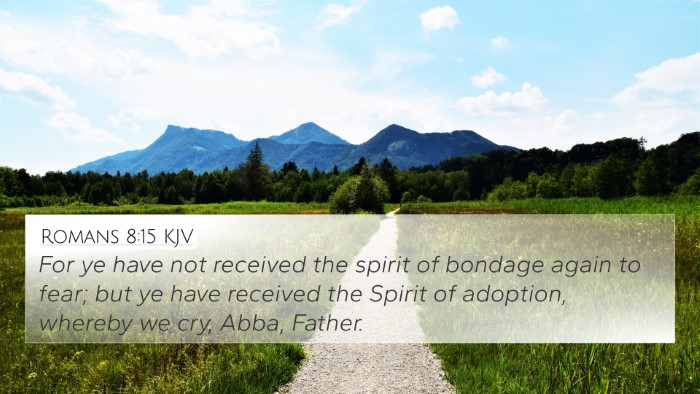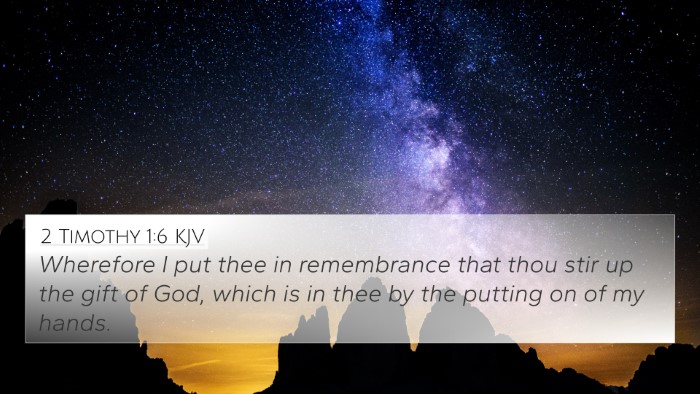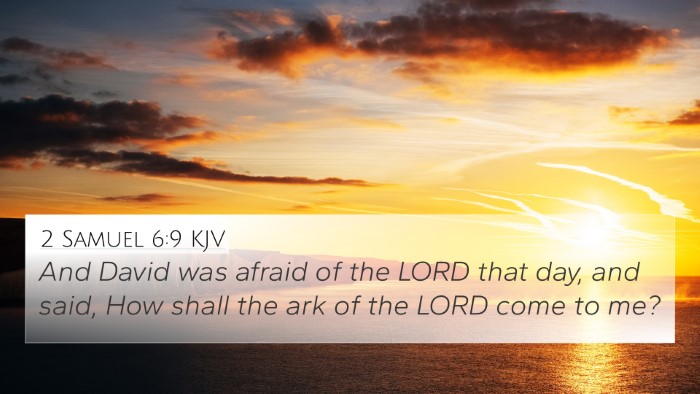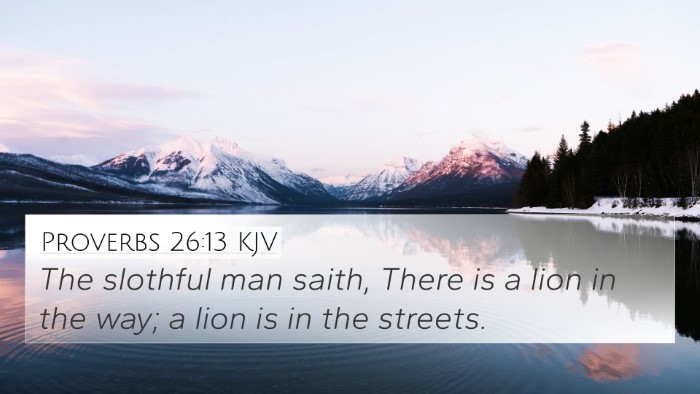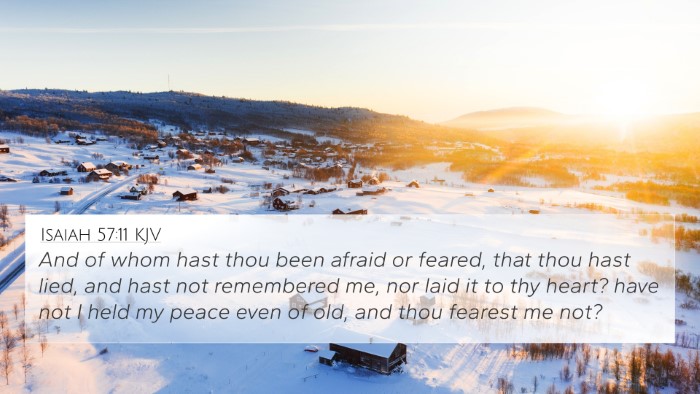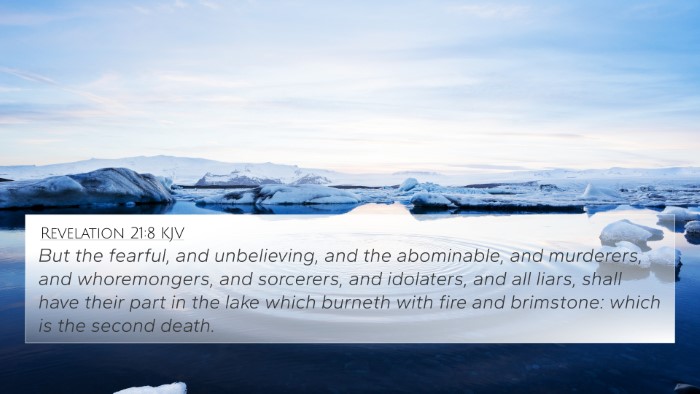Understanding Matthew 25:25
In Matthew 25:25, the servant speaks to his master, saying, "And I was afraid, and went and hid thy talent in the earth: lo, there thou hast that is thine." This verse offers profound insight into the nature of fear, responsibility, and the repercussions of inaction. Various commentaries highlight important themes present in this scripture.
Commentary Insights
Matthew Henry's Commentary
According to Matthew Henry, this verse reflects the mindset of a servant paralyzed by fear. The servant's admission of fear leads to his decision to bury the talent instead of investing it. Henry emphasizes that fear can often lead to inaction and missed opportunities. He notes that God gives individuals gifts (the “talents”) with the expectation of fruitful use, cautioning believers against letting fear dictate their actions.
Albert Barnes' Notes
Albert Barnes complements this understanding by framing the servant's response as a lack of faith. Barnes interprets the "talent" as representative of any gift or resource bestowed upon believers. He urges readers to recognize that the talents granted are for the purpose of growth and benefit to the Kingdom of God. Burying one's talent, therefore, is a failure to trust in God’s provision and call to action.
Adam Clarke's Commentary
Adam Clarke further elaborates on the servant's fear, suggesting it stems from a misconception of the master’s character. Clarke posits that the servant viewed the master as harsh and demanding, which caused him to act in a way that contradicted his master's intentions. Clarke emphasizes the importance of understanding God's nature to combat fear and inspire active stewardship of the blessings we receive.
Thematic Connections
- Fear and Inaction: The servant's fear causes him to hide his talent, exemplifying a broader theme of how fear can inhibit action in spiritual and personal growth.
- Accountability: This verse underscores the idea that individuals are accountable for how they use their gifts and resources, reinforcing the concept of stewardship.
- Faith vs. Doubt: The unwillingness to invest in the talent reflects a lack of faith in the master's goodness and expectations, drawing attention to the relationship between faith and action.
Cross-References
Understanding Matthew 25:25 is enriched by cross-referencing other scripture that shares similar themes:
- Luke 19:20-21: Another parable emphasizing the harsh consequences of failing to utilize gifts.
- 1 Peter 4:10: Encouragement to use one's gifts for the benefit of others as faithful stewards.
- Matthew 5:15: A call to let one’s light shine, contrasting the idea of hiding one’s abilities.
- Galatians 6:7: The principle of reaping what one sows, relevant to using or failing to use one's talents.
- James 2:17: Faith without works is dead, highlighting the necessity of action in faith.
- Romans 12:4-8: The varying gifts within the body of Christ and the importance of using them.
- 2 Timothy 1:7: God has not given a spirit of fear; rather, He provides power, love, and self-discipline.
- Ecclesiastes 11:4: A reminder about the act of sowing despite uncertainties; risk-taking in faith.
- Hebrews 10:38: A call for the righteous to live by faith and not shrink back.
- Proverbs 18:9: Laziness is akin to destruction; this verse warns against inaction.
Practical Applications
Reflecting on Matthew 25:25 allows believers to examine their lives through the lens of their own talents. How do we respond to the gifts we have been given? This scripture serves as a powerful reminder that:
- Fear should not control decisions: Believers are encouraged to overcome fear and act on their gifts.
- Utilizing talents benefits the community: Investments made with our skills, time, and resources can inspire growth and encourage others.
- Understanding God's character: A correct understanding of who God is fosters trust and a proactive spirit.
Conclusion
Matthew 25:25 serves as a critical prompt: It challenges us to evaluate how we utilize the gifts entrusted to us while combating fear and embracing faith. By understanding its themes and connections, we are better equipped to live out our calling and ensure that we do not bury our talents.
